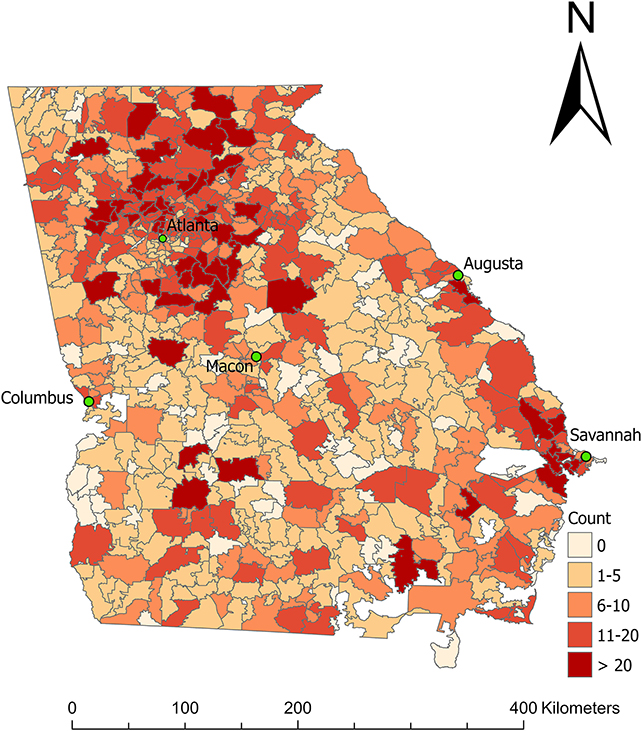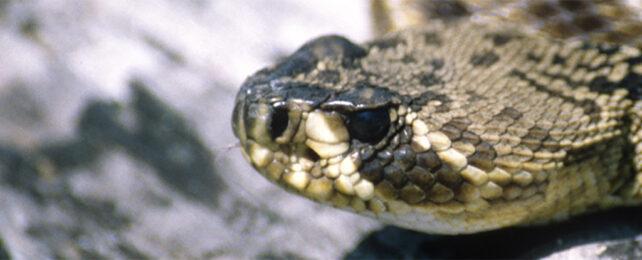While there's already no shortage of threats and dangers brought on by climate change, we do have another one to add to the list: Warmer weather makes venomous snake bites more likely, according to a new study.
The study was conducted in Georgia in the US, a state home to 17 species of venomous snake, though only seven of those are a common concern for humans. The study analysis shows that each degree Celsius rise in temperature leads to nearly a 6 percent increase in snake bites, on average.
Snakes are known to react to seasonal weather shifts, entering a hibernation-like state known as brumation in the winter, so these results are perhaps to be expected – and they also match up with the findings of previous studies.

However, the researchers didn't dive too deeply into the reasons for this association. It could be that something to do with warmer weather and human activity is contributing to the increase, as well as snake biology.
"We don't know much about how weather – meaning short-term changes in meteorology – drive human-snake interactions, partly because a lot of dangerous snake bites occur in places that lack good data on causes of morbidity and mortality," says health and environmental scientist Noah Scovronick from Emory University in Georgia.
"We can learn a lot about snake bite patterns even with fairly modest data and using established epidemiological methods. This study demonstrates that."
Scovronick and the rest of the team looked at 3,908 hospital visits related to venomous snake bites, covering 2014 to 2020. These admissions were cross-referenced against the weather for each day, including details such as temperature and precipitation.
While summers showed the highest number of snake bites in total, it was actually the springs that had the strongest association between temperature and snake bites. It's possible that the higher summer temperatures make snakes more sluggish, according to the researchers.
The study didn't attempt to predict how future rises in temperature might affect snake bite risk, but the expansion of urban areas is already making it more likely that these reptiles cross paths with human beings.
Snake bites total more than 5 million annually, the World Health Organization estimates, and are responsible for up to 138,000 deaths every year. Venom from a snake can cause numerous health issues, amputations, and other permanent disabilities.
"The key factor to reducing negative encounters is education," says herpetologist Lawrence Wilson from Emory University. "Let people know what habitats snakes favor, such as places with dense ground cover, and they can be wary of such habitats."
"Snakes and people can live compatibly, even venomous snakes, as long as we respect and understand their habitats and needs."
The research has been published in GeoHealth.
